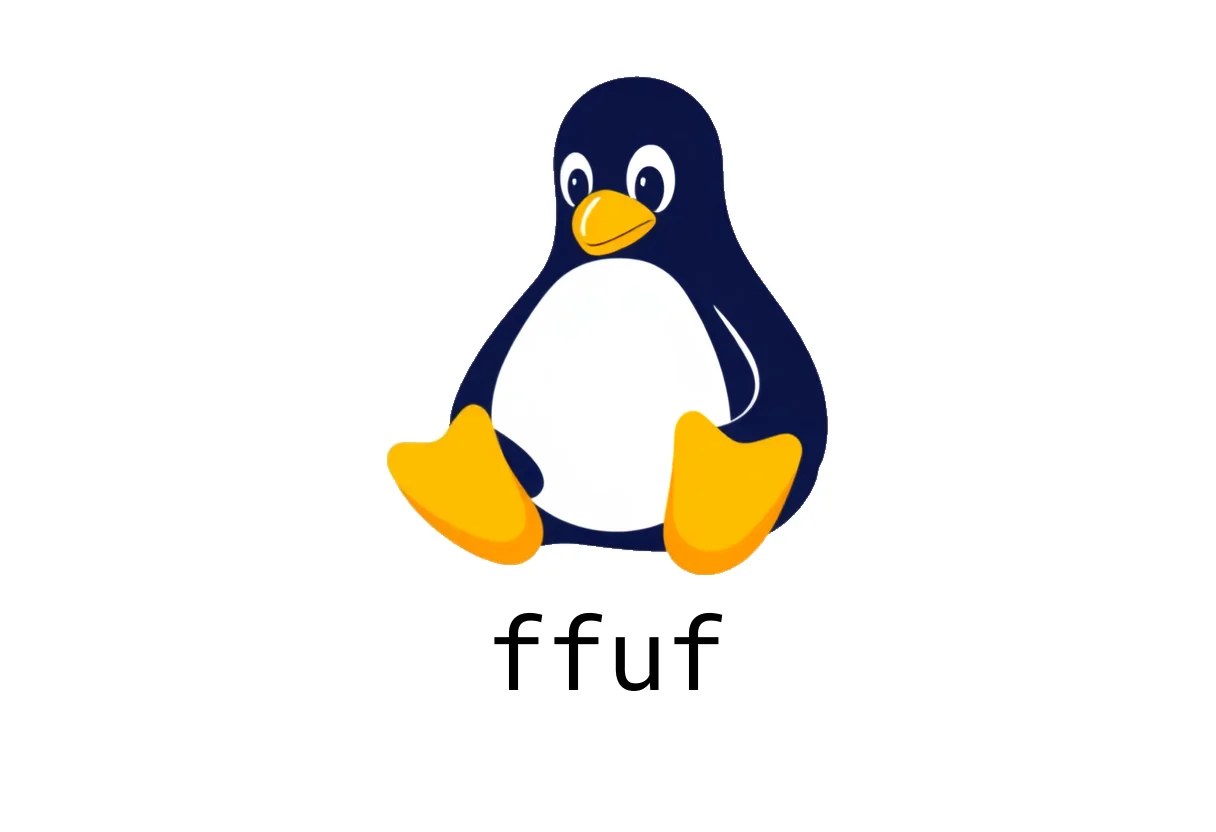
ffuf
ffuf
Overview
ffuf is a lightweight Go-based tool designed for quick web fuzzing. It takes a URL containing the FUZZ placeholder and replaces it with each word from a provided wordlist.
Basic Usage
ffuf -c -w {{path/to/wordlist.txt}} -u {{http://example.com/FUZZ}}-
-cdisplays colored output, useful for visualizing successful hits. -
-wspecifies the wordlist file. -
-usets the target URL with the FUZZ placeholder.
Advanced Features
1. Subdomain Fuzzing
ffuf -w {{path/to/subdomains.txt}} -u {{http://FUZZ.example.com}}The keyword can be placed at any position, allowing you to test subdomains.
2. Threads & Probing
ffuf -o -w {{path/to/wordlist.txt}} -u {{http://example.com/FUZZ}} -t {{500}} -x {{http://127.0.0.1:8080}}-
-osaves output to a file. -
-tsets the number of threads (default 40). -
-xenables proxy via an HTTP MITM like Burp Suite ormitmproxy.
3. Header and Status Filtering
ffuf -w {{path/to/wordlist.txt}} -u {{http://example.com}} -H "{{Host: FUZZ}}
## See Also
- [systemd-hwdb: Hardware database management](/blog/systemd-hwdb-guide-linux)
- [ar command: Create, modify, and extract Unix archives](/blog/ar-guide-linux)
- [Linux Guide: find](/blog/find-guide-linux)
- [How to Use the ps Command in Linux?](/blog/ps-guide-linux)
- [rcp: Copy Files Between Local and Remote Hosts](/blog/rcp-guide-linux)
- [How to Use the apt Command for Package Management](/blog/apt-guide-linux)